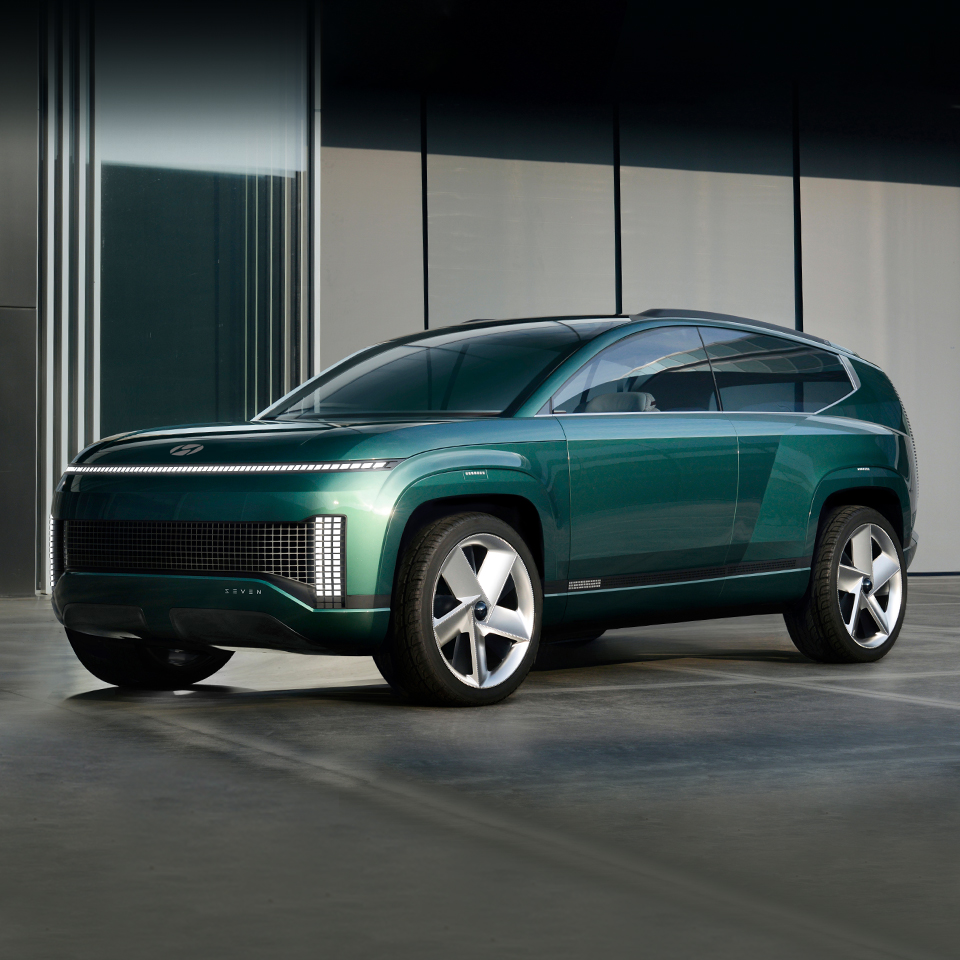Rise by Six: Your Daily Dose of Inspiration
Explore insights and stories that elevate your day.
Batteries Included: Why Your Next Car Should Be Electric
Unlock the future of driving! Discover why your next car should be electric and how it can power your journey. Dive in now!
The Environmental Impact of Electric Cars: A Greener Future
The environmental impact of electric cars has become a critical topic as the world strives for a more sustainable future. While traditional internal combustion engine vehicles release significant amounts of carbon dioxide and other harmful pollutants, electric vehicles (EVs) produce zero tailpipe emissions. This shift is crucial in reducing the overall greenhouse gas emissions, especially in urban areas where air quality is a pressing concern. Moreover, as the energy grid becomes greener through the integration of renewable sources like wind and solar, the life cycle emissions associated with electric vehicles will continue to diminish, further enhancing their eco-friendly credentials.
However, it is essential to consider the entire lifecycle of an electric car, from production to disposal. The extraction of raw materials, such as lithium for batteries, can lead to environmental degradation if not managed responsibly. Additionally, the energy used during manufacturing can also contribute to emissions. To mitigate these impacts, several initiatives are being developed, including recycling programs and sustainable mining practices. Therefore, while there are challenges ahead, the potential benefits of electric cars in combatting climate change and promoting a greener future are significant and warrant continued investment and innovation.

Debunking Myths: What You Need to Know About Electric Vehicle Range
One of the most pervasive myths surrounding electric vehicles (EVs) is that they can't travel far enough on a single charge, leading many potential buyers to feel apprehensive about making the switch. In reality, most modern electric vehicles boast a range that is more than adequate for daily commuting and even longer road trips. According to various manufacturers, many popular models now offer ranges exceeding 200 miles on a single charge, with some high-performance models surpassing 300 miles. It's important to remember that most drivers only cover around 30-40 miles daily, meaning that for the majority of users, the range of an EV is more than satisfactory.
Another common misconception is that EV charging takes too long, causing inconvenience. While it's true that charging times can vary, advancements in technology have led to the development of fast-charging stations that can recharge a vehicle to about 80% in as little as 30 minutes. Additionally, many EV owners opt for home charging stations, allowing them to conveniently charge their vehicles overnight while they sleep. This flexibility ensures that range anxiety is minimized, and drivers can enjoy the benefits of an electric vehicle without worrying about running out of power.
Is an Electric Vehicle Right for You? Factors to Consider Before Making the Switch
Deciding whether an electric vehicle (EV) is right for you involves careful consideration of various factors. First, evaluate your driving habits. For instance, if you primarily make short commutes and have access to charging at home or work, an EV could be an ideal match. Additionally, take into account the range of the vehicle; many modern EVs can travel over 200 miles on a single charge, making them suitable for daily use. However, if you often embark on long road trips, it's crucial to consider the availability of charging infrastructure along your routes.
Another essential factor is your budget. While the initial cost of an electric vehicle may be higher than that of a traditional gas-powered car, potential savings in fuel costs and lower maintenance expenses can offset the price difference over time. It's also worth evaluating local incentives, such as tax credits or rebates, which can further reduce your overall investment. Finally, consider your environmental values; if you aim to reduce your carbon footprint and contribute to cleaner air, switching to an EV might align perfectly with your lifestyle choices.